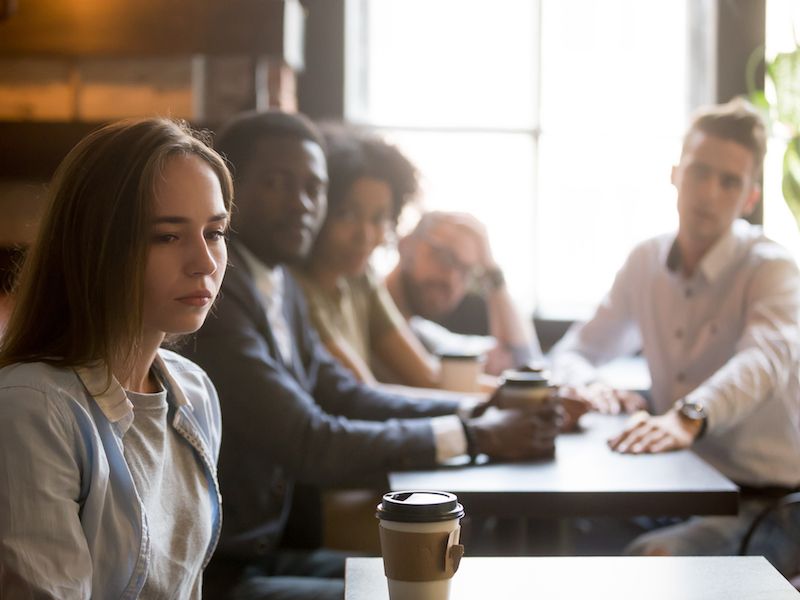
In spite of common belief, hearing loss is not only an issue for older people. In general hearing loss is becoming more prominent in spite of the fact that how old you are is still a strong factor. Amongst adults aged 20 to 69 hearing loss hovers in the 14-16% range. The World Health Organization and the United Nations recommend that more than 1 billion people worldwide age 12-35 are in danger of getting loss of hearing. In children between the ages of 6 and 19, around 15% already have hearing loss according to the CDC, and the number appears to be closer to 17% according to more recent research. Other reports say hearing loss is up 30% in teenagers from only a decade ago. What’s more, a study conducted by Johns Hopkins projects these trends out into the future and forecasts that by 2060 around 73 million people above the age of 65 will have hearing loss. Over current numbers, that’s an astounding number.
We Are Developing Hearing Loss at a Younger Age, Why?
We tend to think about hearing loss as a side effect of aging because it would progress slowly over years unless you spent extended amounts of time in a loud environment. That’s why you aren’t surprised when your grandmother uses a hearing aid. But changes in our lifestyle are impacting our hearing at a younger and younger age.
Technology, and smartphones, in particular, can have a significant impact on our hearing. We are doing what we enjoy doing: listening to music, chatting with friends, watching movies and wearing earbuds or headphones to do it all. The problem is that we have no clue what level of volume (and what duration of that volume) is harmful to our hearing. Instead of taking steps to protect our ears, we often even use earbuds to drown out loud sound, purposely subjecting our ears to harmful noise levels.
There’s a whole generation of young people everywhere who are slowly but surely damaging their hearing. That’s a huge problem, one that will cost billions of dollars in treatment and loss of economic productivity.
Do we Really Understand Hearing Loss?
Even young kids are usually wise enough to stay away from incredibly loud noises. But the nature of hearing damage isn’t generally grasped. The majority of people won’t know that medium intensity noises can also damage your hearing if the exposure is long enough.
But hearing loss is commonly associated with aging so most people, especially younger people, aren’t even concerned with it.
However, the WHO says irreversible ear damage may be occurring in those in this 12-35 age group.
Suggested Solutions
Because so many people utilize smart devices frequently, it’s a particularly extensive problem. That’s why many hearing specialists have suggested solutions that focus on offering mobile device users with additional information:
- Alerts about high volume.
- Built-in parental settings which let parents more closely supervise volume and adjust for hearing health.
- It’s how long a sound persists, not only how loud it is (warnings when you listen at a specified decibel for too long).
And that’s only the beginning. Paying more attention to the health of our hearing, plenty of technological solutions exist.
Turn Down The Volume
The most significant way to mitigate damage to your hearing is to reduce the volume of your mobile device. Whether your 15, 35, or 70, that holds true.
And there is no arguing the fact that smartphones are not going away. Everyone uses them all the time, not just kids. So we’ve got to deal with the fact that loss of hearing is no longer linked to aging, it’s associated with technology.
Which means we’re going to need to change the way we discuss, prevent, and treat hearing loss.
Also, decibel levels in your environment can be measured by app’s that you can download. 2 steps to protect your hearing. Making sure not to try to drown out loud noises with even louder noises and of course wearing ear protection. As an example, if you drive with your windows down, don’t crank up the music to hear it better, the noise from the wind and traffic could already be at damaging levels. Schedule an appointment with a hearing care specialist if you have any questions.
